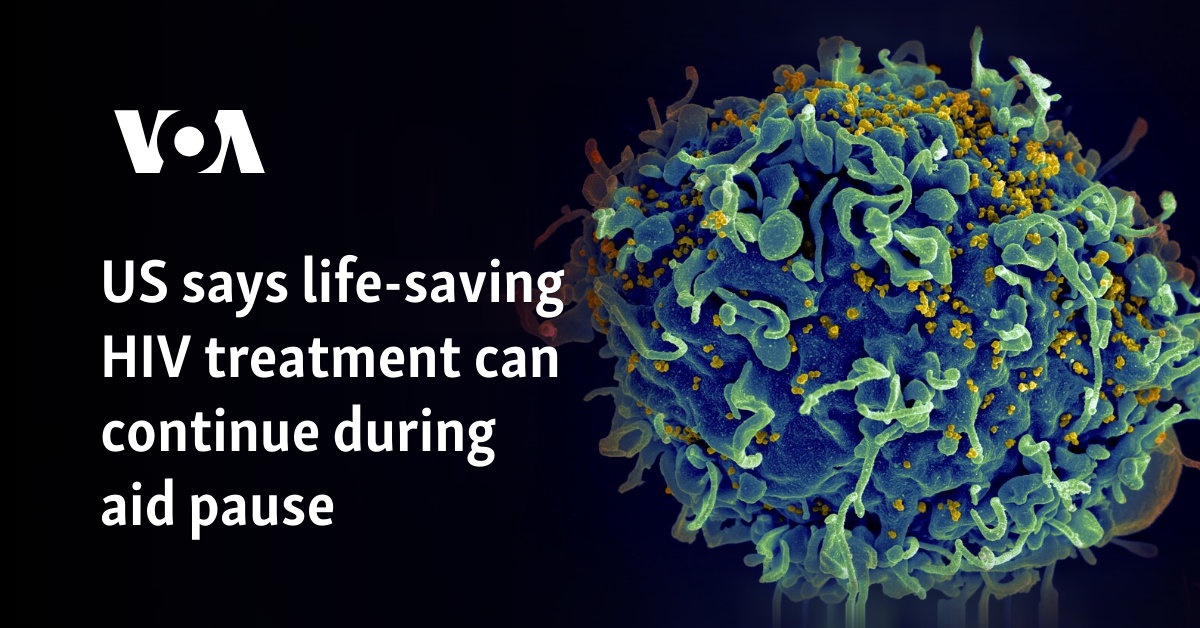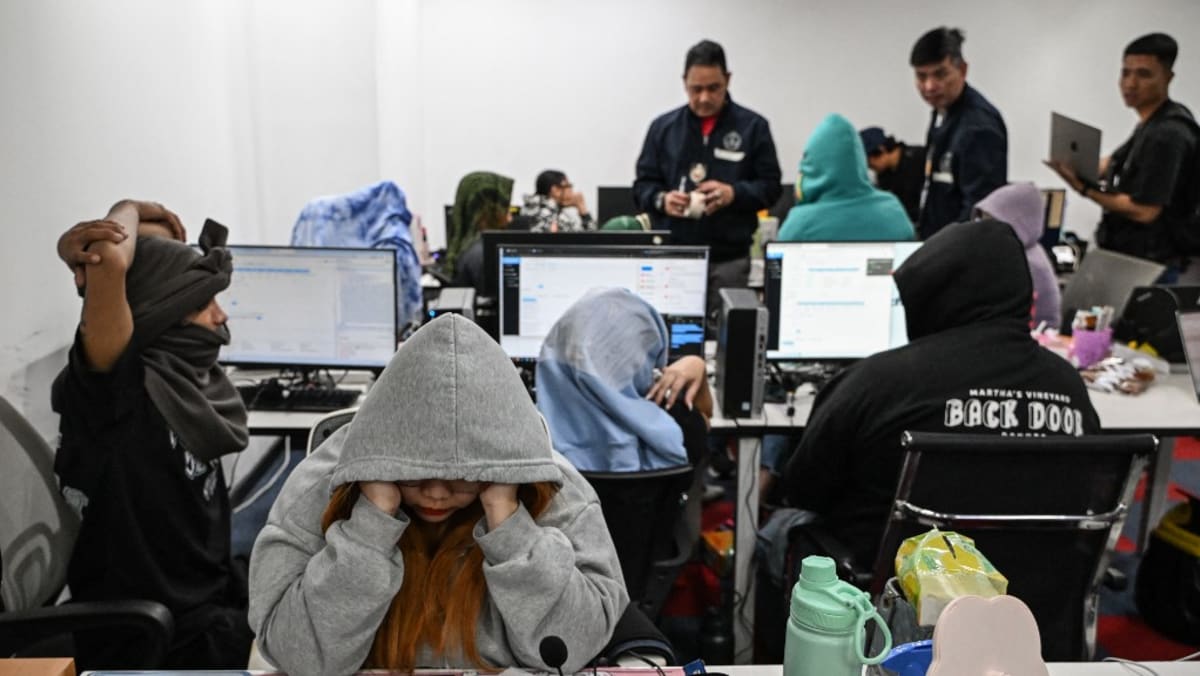Remedy Entertainment, the developer behind 2019’s Control and critically acclaimed games like Alan Wake 2, now fully owns the rights to the Control franchise. That means the Finnish studio now has full, for the lack of a better word, control over the future of this series, including its sequel and multiplayer spin-off.
Previously, the rights to the franchise were owned by 505 Games, a publisher you may know for its hand in publishing Ghostrunner 2 and Eiyuden Chronicle: Rising. According to a message for investors, Remedy will pay 17 million euros to acquire “all publishing, distribution, marketing, and other rights” for Control 2 and a multiplayer project codenamed Condor. When it comes to the original Control, 505 Games will remain the game’s publisher until December 31 of this year and control business-to-business deals for that game until an undisclosed date.
“As part of Remedy’s long-term strategy to have more ownership over our business and the IPs we have created, we have gotten back all rights for Control and the in-development Condor and Control 2,” Remedy CEO Tero Virtala commented. “Having complete ownership over the Control franchise gives us the freedom to decide the best path forward. We will consider our options carefully, knowing that Control is considered an attractive franchise by many partners.”
Essentially, Remedy Entertainment wants to have more direct influence over what happens with Control games in the future and will now seek out new publishing partners for these two upcoming titles. The influx of cash will likely also help 505 Games’ parent company, Digital Bros, who laid off 30% percent of its staff last year “to align with the evolving competitive environment in the medium to long-term to ensure maximum operational efficiency.”
Control 2 and Condor haven’t been shown off publicly yet and don’t have release dates at this time. That said, Virtala says the games have “progressed well in recent months and we expect these projects to reach their next development stages during the first half of 2024.”
Editors’ Recommendations







